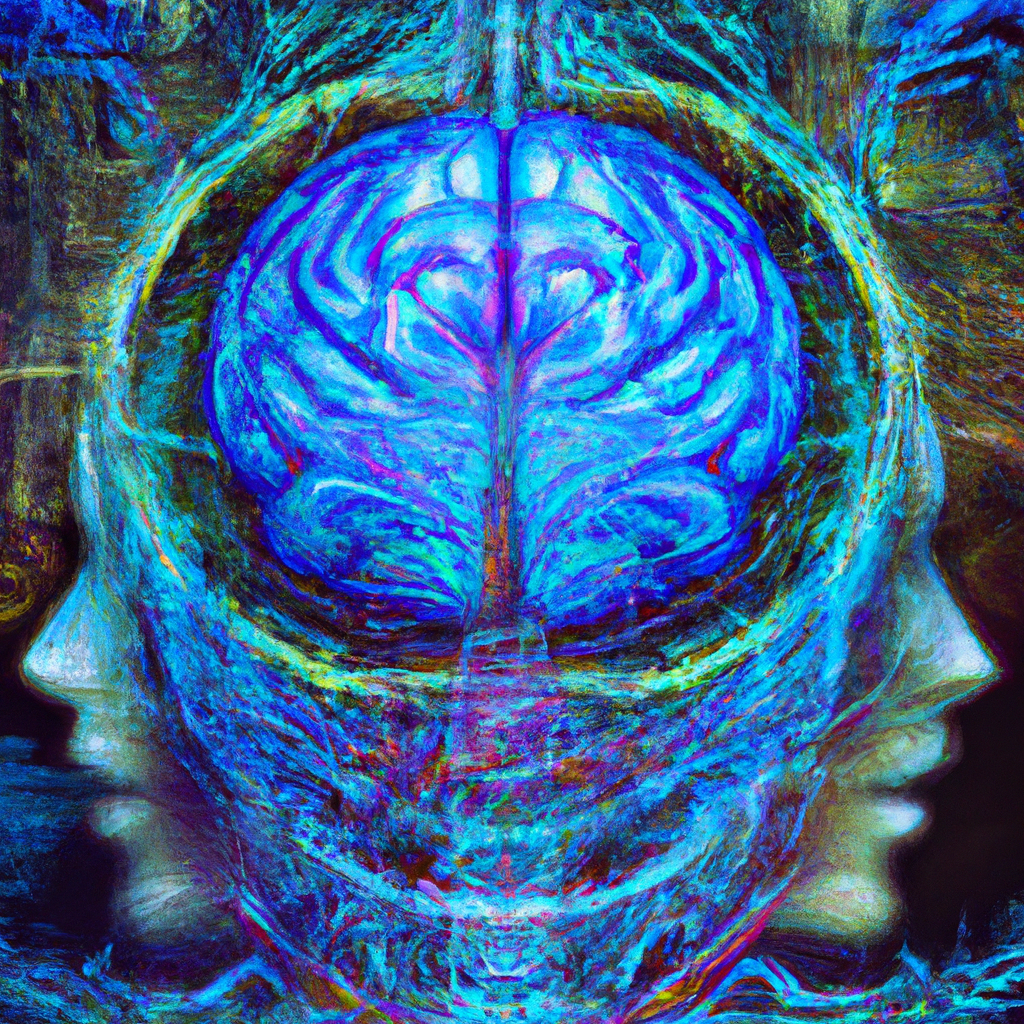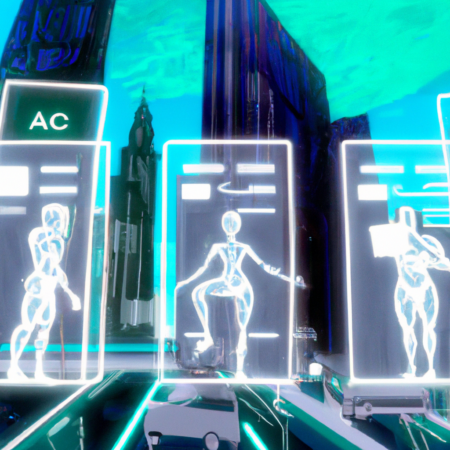Exploring the Nexus of Quantum Mechanics and Consciousness
In recent years, the intersection of quantum mechanics and consciousness has emerged as a frontier in both physics and cognitive science. This blog post delves into how these two seemingly disparate fields are potentially interconnected, influencing our understanding of reality and perception.
Quantum Mechanics: A Brief Overview
Quantum mechanics is the branch of physics that deals with the smallest particles in the universe, such as atoms and photons. It describes their behaviors, which often defy classical logic, introducing phenomena like superposition and entanglement.
Consciousness and Quantum Theory
The theory that consciousness can directly affect quantum states has gained traction. Experiments like the double-slit test suggest that observation can alter the outcome, leading some to hypothesize that consciousness itself may be a quantum process.
Implications for Philosophy and Science
If consciousness can affect quantum mechanics, this could reshape our understanding of free will, perception, and the nature of reality itself. The philosophical and scientific implications of such a relationship are profound, opening new avenues for understanding the mind’s place in the universe.
Future Prospects
As research progresses, the potential to unlock these mysteries continues to expand. The integration of quantum mechanics and consciousness might not only redefine science but also offer new perspectives on the existential questions that have intrigued humanity for centuries.






